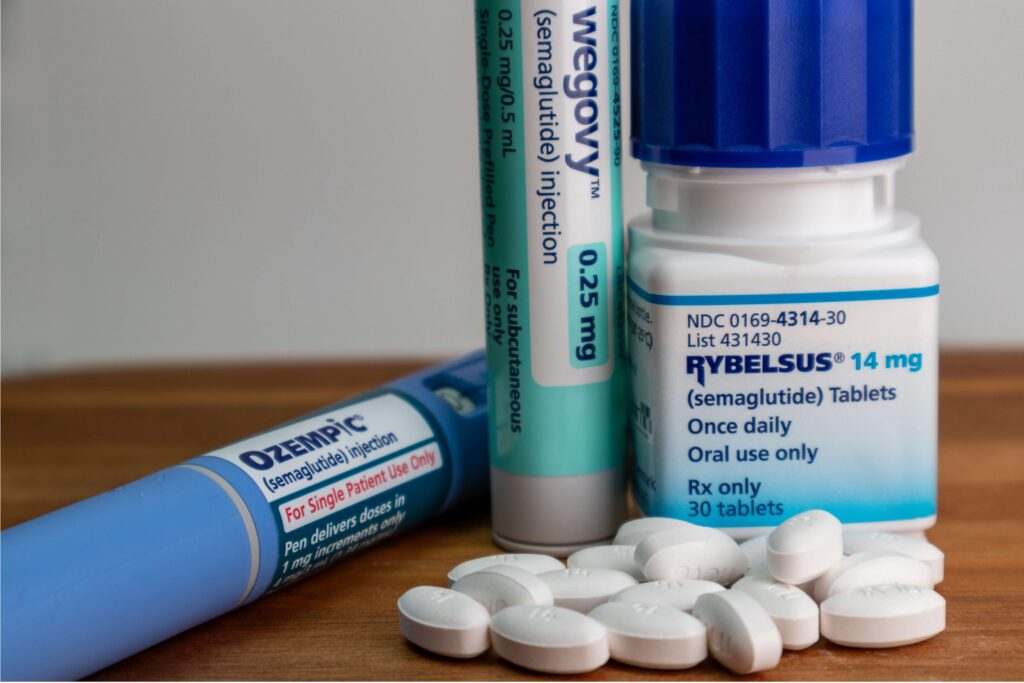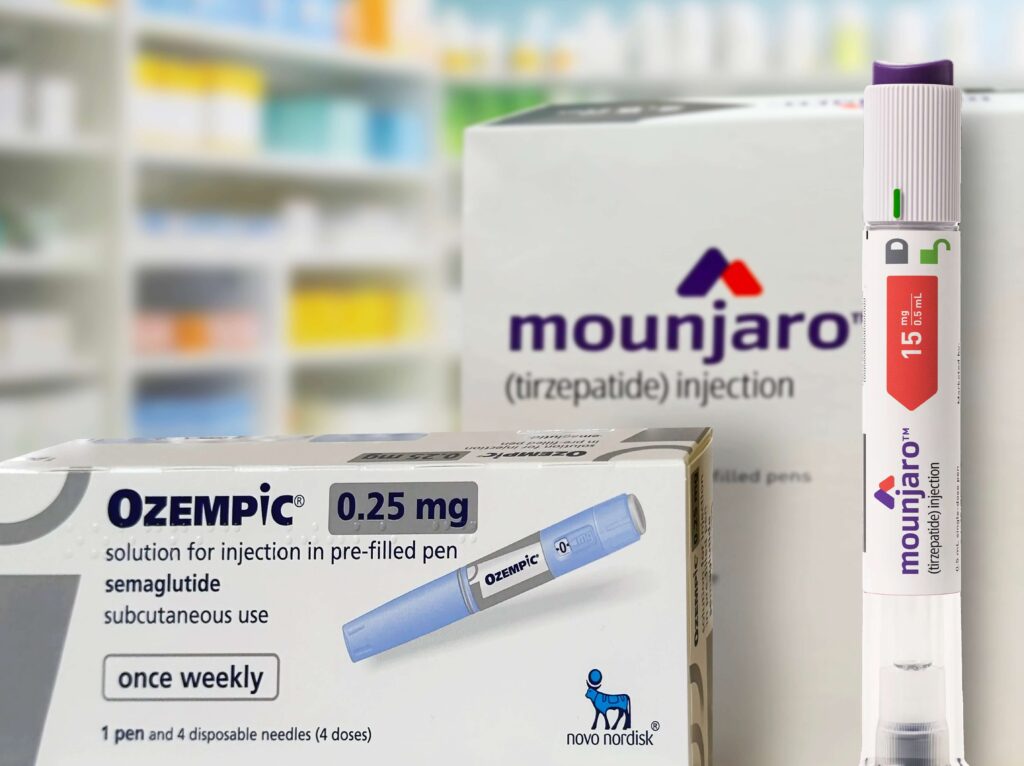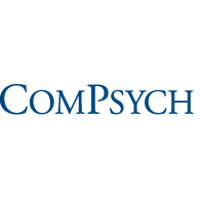
Early human studies suggest GLP-1 medications can reduce alcohol craving and, in some cases, consumption, but they’re not FDA-approved treatments for Alcohol Use Disorder (AUD) yet. They may be helpful alongside evidence-based addiction care—not as a replacement.
Summary
- Bottom line: Early human studies suggest GLP-1 drugs (e.g., semaglutide/Ozempic/Wegovy and tirzepatide/Mounjaro/Zepbound) can reduce alcohol cravings and sometimes heavy drinking—but none are FDA-approved for Alcohol Use Disorder (AUD) yet. They should be considered adjuncts, not stand-alone treatments.
- How they may work: GLP-1s act on reward/satiety pathways in the brain, potentially lowering the salience of alcohol similar to how they reduce appetite. Mechanisms are still being clarified.
- Evidence snapshot: The article cites a 2025 randomized, placebo-controlled trial (reduced cravings and heavy drinking), a 2024 real-world cohort (lower AUD risk with semaglutide), and expert reviews calling the data promising but preliminary.
- Risks & limits: Possible GI side effects, contraindications, medication interactions, and insurance coverage gaps for off-label use. Clinical oversight is essential.
- Crosspointe’s role: At its Sherman Oaks, Los Angeles center, Crosspointe can assess candidacy, coordinate with prescribers, and integrate medication with evidence-based therapy (CBT/DBT/motivational work), family programming, and multiple levels of care (detox, residential, PHP, IOP).
- FAQ highlights: Not everyone responds; tirzepatide trials are ongoing; Crosspointe collaborates on off-label options while emphasizing comprehensive addiction care as the foundation.
What are GLP-1 medications (e.g., semaglutide, tirzepatide)?
GLP-1 receptor agonists (e.g., semaglutide, tirzepatide) are FDA-approved for type 2 diabetes and/or obesity/weight management. Researchers noticed some patients reported less interest in alcohol, prompting formal trials.
What does the latest evidence say?
- Randomized clinical trial (2025): A double-blind RCT found once-weekly semaglutide reduced alcohol craving and heavy drinking versus placebo in adults with AUD, supporting larger confirmatory trials.
- Large real-world study (2024): In 83,825 patients with obesity, semaglutide was associated with a ~50% lower risk of new or recurrent AUD compared with other anti-obesity meds over 12 months. (Observational—can’t prove causation.)
- Reviews & expert consensus: GLP-1 drugs show promise for AUD, but definitive approvals and guidelines are pending; more, larger trials are underway (including tirzepatide).
Important: As of today, no GLP-1 medicine is FDA-approved for AUD, and insurers may not cover them for this use. Any off-label prescribing should be clinician-led with monitoring.
How might they help with alcohol cravings?
GLP-1 receptors influence reward and satiety pathways in the brain. By modulating these circuits, GLP-1 drugs may dampen craving “salience”—similar to how they reduce appetite for food—thereby supporting behavior change. (The mechanism is still being clarified.)
Risks, limits, and who should not use them
GLP-1s can cause GI side effects (nausea, vomiting), are contraindicated in certain endocrine conditions, and can interact with other medications. They’re not a stand-alone cure; best results come when medication is paired with therapy, relapse-prevention planning, and support. Always discuss with a licensed clinician.

How Crosspointe Recovery can help
At Crosspointe Recovery in Sherman Oaks, Los Angeles, we tailor care to the person—not the pill. If you’re curious about GLP-1 options, we can:
- Assess candidacy (medical history, current meds, co-occurring conditions).
- Coordinate care with your prescribing clinician for any off-label trial.
- Integrate medication with evidence-based therapy (CBT/DBT/Motivational work, couples/family programming), case management, and aftercare.
- Offer multiple levels of care—from detox and residential to PHP/IOP—so support can step up or down as needed.
Medication can support recovery. The foundation is still comprehensive alcohol addiction treatment tailored to you.
FAQs
Do GLP-1 drugs (e.g., semaglutide, tirzepatide) work for everyone with AUD?
No. Early data show average reductions in craving/use; individual responses vary. They’re adjuncts, not replacements for therapy.Is tirzepatide (Mounjaro/Zepbound) being studied too?
Yes—clinical trials are in progress to test its impact on alcohol intake.Can Crosspointe prescribe semaglutide/tirzepatide for AUD?
We evaluate safety and fit and collaborate with prescribers. Coverage for off-label uses may be limited.Next step
If you or a loved one is exploring medication-assisted pathways to reduce alcohol use, contact Crosspointe Recovery. We’ll review options—including GLP-1s where appropriate—and build a plan that blends medical care, therapy, and real-world relapse prevention.



















